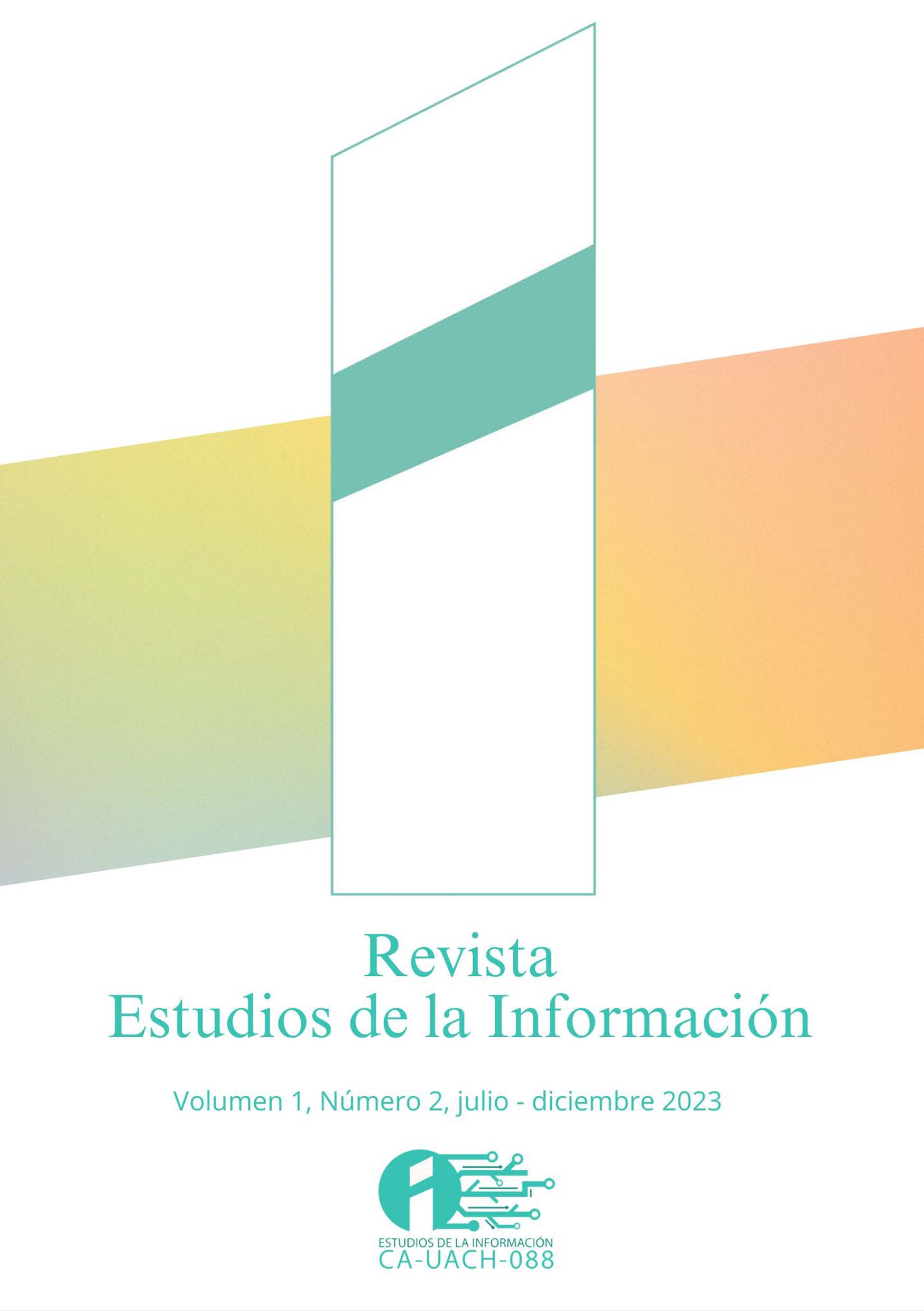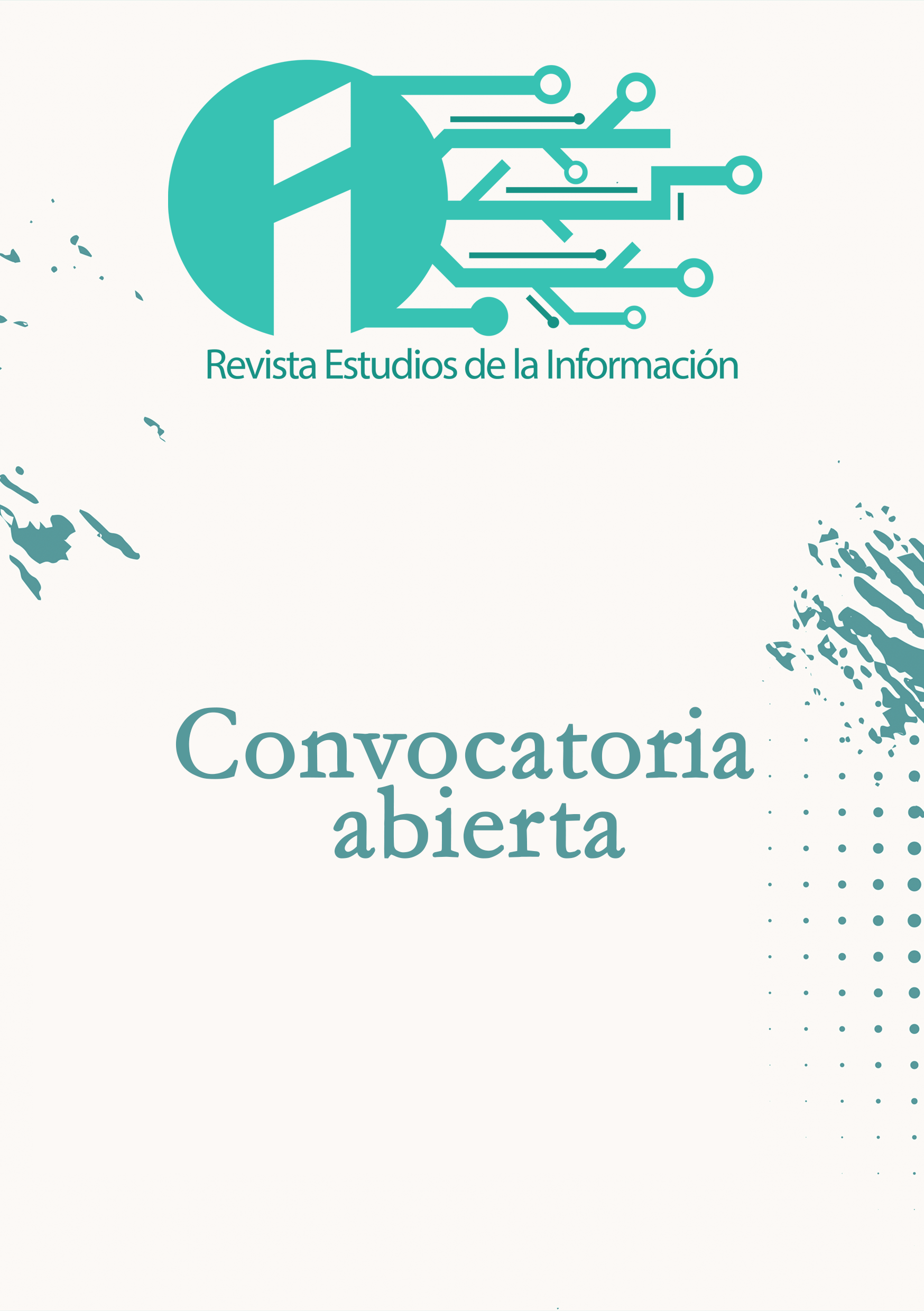Implicaciones y políticas editoriales de la inteligencia artificial
DOI:
https://doi.org/10.54167/rei.v1i2.1448Palabras clave:
inteligencia artificial, modelos de lenguaje de gran tamaño, chatbots, investigación científica, escritura científica, publicación científica, políticas editoriales, directrices, ética en la investigación, integridad en la investigaciónResumen
En esta entrega de Escuela de editores presento algunas de las problemáticas alrededor del uso de la inteligencia artificial (IA) en la investigación para enmarcar la síntesis y análisis de diez políticas editoriales sobre el uso de IA: arXiv, Elsevier, Emerald Publishing, International Committee of Medical Journal Editors, Oxford University Press, Sage, Springer Nature, Taylor & Francis Group, Wiley y World Association of Medical Editors. Abordo cómo los modelos de lenguaje de gran tamaño, como ChatGPT, han afectado la integridad y originalidad de los productos científicos, examinando problemas como el entrenamiento de IA, su uso en la autoría de documentos científicos, la veracidad del contenido generado por IA y el impacto que están teniendo estas tecnologías en la investigación y publicación científica. Las mencionadas políticas editoriales actuales sobre el uso de IA enfatizan la necesidad de actuar con transparencia sobre su uso, además de subrayar la responsabilidad de los autores y las limitaciones éticas y prácticas de usar IA en la investigación. Concluyo con una reflexión acerca de buscar un equilibrio entre las ventajas y limitaciones de la IA para poder emplearla en la investigación y publicación científica sin faltar a valores de ética e integridad científicas.
Descargas
Citas
arXiv. (2023). arXiv announces new policy on ChatGPT and similar tools. https://blog.arxiv.org/2023/01/31/arxiv-announces-new-policy-on-chatgpt-and-similar-tools
Committee on Publication Ethics. (2023a). Artificial intelligence (AI) and fake papers. https://publicationethics.org/resources/forum-discussions/artificial-intelligence-fake-paper
Committee on Publication Ethics. (2023b). Authorship and AI tools: COPE position statement. https://publicationethics.org/cope-position-statements/ai-author
Elsevier. (2023a). Guide for authors. Journal of Biotechnology. https://www.elsevier.com/journals/journal-of-biotechnology/0168-1656/guide-for-authors
Elsevier. (2023b). Publishing ethics. https://beta.elsevier.com/about/policies-and-standards/publishing-ethics
Elsevier. (2023c). The use of generative AI and AI-assisted technologies in writing for Elsevier. https://beta.elsevier.com/about/policies-and-standards/the-use-of-generative-ai-and-ai-assisted-technologies-in-writing-for-elsevier
Emerald Publishing. (2023). Publishing ethics: Find out more about publication ethics and our policies. https://www.emeraldgrouppublishing.com/publish-with-us/ethics-integrity/research-publishing-ethics
Heikkilä, M. (2023). Why detecting AI-generated text is so difficult (and what to do about it). MIT Technology Review. https://www.technologyreview.com/2023/02/07/1067928/why-detecting-ai-generated-text-is-so-difficult-and-what-to-do-about-it
International Committee of Medical Journal Editors. (2023). Recommendations for the conduct, reporting, editing, and publication of scholarly work in medical journals. https://www.icmje.org/icmje-recommendations.pdf
Kung, T., Cheatham, M., Medenilla, A., Sillos, C., De Leon, L., Elepaño, C., Madriaga, M., Aggabao, R., Diaz-Candido, G., Maningo, J., y Tseng, V. (2023). Performance of ChatGPT on USMLE: Potential for AI-assisted medical education using large language models. PLOS Digital Health, 2(2), e0000198. https://doi.org/10.1371/journal.pdig.0000198
Kung, T., Cheatham, M., Medenilla, A., Sillos, C., De Leon, L., Elepaño, C., Madriaga, M., Aggabao, R., Diaz-Candido, G., Maningo, J., y Tseng, V. (2022). Performance of ChatGPT on USMLE: Potential for AI-assisted medical education using large language models. MedRxiv. https://doi.org/10.1101/2022.12.19.22283643
Machin-Mastromatteo, J. D. [Juantífico]. (20 de abril de 2022). ¿Spam en Google Académico? [Video]. YouTube. https://youtu.be/1lN1R0aV4BU
Orduña Malea, E. [@eomalea]. (24 de abril de 2023). I'm afraid to say that several preprint servers are publishing online papers, which cite publications co-authored by me that do not exist. This is the @chatgptimpact. Google Scholar and ResearchGate are indexing those papers, and their fake citations, by the way. [Tweet]. Twitter. https://twitter.com/eomalea/status/1650527418577309699
Oxford University Press. (2023). Ethics. Oxford Academic. https://academic.oup.com/pages/authoring/journals/preparing_your_manuscript/ethics
Sage. (2023). ChatGPT and generative AI: Use of large language models and generative AI tools in writing your submission. https://us.Sagepub.com/en-us/nam/chatgpt-and-generative-ai
Spinak, E. (2023). ¿Es que la Inteligencia Artificial tiene alucinaciones? SciELO en Perspectiva. https://blog.scielo.org/es/2023/12/20/es-que-la-inteligencia-artificial-tiene-alucinaciones
Springer Nature. (2023). Artificial intelligence (AI). Nature Portfolio. https://www.nature.com/nature-portfolio/editorial-policies/ai
Tang, G., y Eaton, S. (2023). A rapid investigation of artificial intelligence generated content footprints in scholarly publications. Research Square. https://doi.org/10.21203/rs.3.rs-3253789/v1
Taylor & Francis Group. (2023). Defining authorship in your research paper: Co-authors, corresponding authors, and affiliations. Author Services. https://authorservices.taylorandfrancis.com/editorial-policies/defining-authorship-research-paper
Tsai, C.., Yeh, Y., Tsai, L., y Chou, E. (2023). The efficacy of transvaginal ultrasound-guided BoNT-A external sphincter injection in female patients with underactive bladder. Toxins, 15(3), 199. http://doi.org/10.3390/toxins15030199
Villegas-Ceballos, S. [Santiago Villegas-Ceballos]. (2 de diciembre de 2023). Inteligencia Artificial en Bibliotecas - Introducción 2023-12 [Video]. YouTube. https://www.youtube.com/watch?v=_klpXNc7vKw
Wiley. (2023). Best practice guidelines on research integrity and publishing ethics. https://authorservices.wiley.com/ethics-guidelines/index.html
World Association of Medical Editors. (2023). Chatbots, generative AI, and scholarly manuscripts: WAME recommendations on chatbots and generative artificial intelligence in relation to scholarly publications. https://wame.org/page3.php?id=106
Descargas
Publicado
Cómo citar
-
Resumen601
-
PDF421















